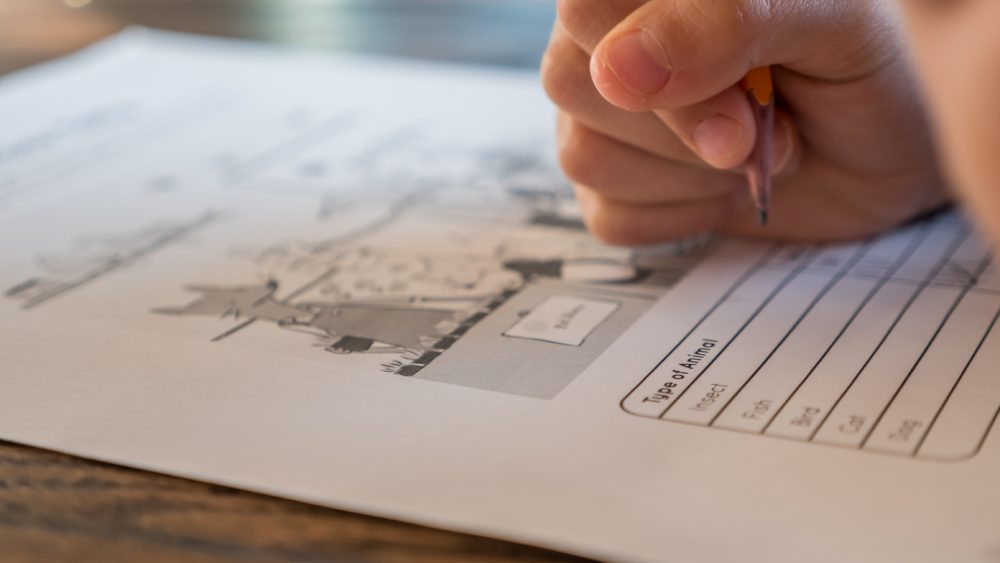On May 12, FSG featured an interview with Lauren Morando Rhim in a piece about organizations working to support students with disabilities during the COVID-19 pandemic.
It’s National Charter Schools Week — and in the midst of a particularly challenging period in American public education, the innovative, nimble approach epitomized by charters is more valuable than ever.
On May 8, District Administration published an article highlighting the work of the Educating All Learners Alliance and quoting Lauren Morando Rhim.
States need additional education funding now—and the Center applauds a new federal funding request from a group of Democratic senators led by Senator Maggie Hassan of New Hampshire that would specifically provide additional funding for the provision special education during and after the COVID-19 pandemic.
This week, the Center became aware that some New Jersey school districts were asking parents to sign away the rights of their children in order to access special education services during COVID-19 closures—an outrageous and illegal practice. We applaud the New Jersey Department of Education (NJDOE) for moving swiftly to block this violation of students’ civil rights.
On April 28, 2020, the New Jersey Star-Ledger published an op-ed by the Center’s Co-Founder and Senior Fellow, Paul O’Neill, who wrote to call attention to the illegal and outrageous actions of school administrators asking parents of students with disabilities to sign away their rights during the COVID-19 pandemic.
The Center applauds Secretary DeVos for recommending a very narrow set of waiver requests that do not infringe upon the key civil rights protections and rights to an education for students with disabilities contained in the IDEA. With so many schools and districts across the country embracing the challenge of educating all students, including those with disabilities, in these turbulent times, we believe her decision is the right one for students, schools, and communities.
On April 3, 2020, the Center submitted a letter to Congress urging against issuing any waivers under the Individuals with Disabilities Act (IDEA) or Section 504 of the Rehabilitation Act of 1973 (Rehab Act) through the Coronavirus Aid, Relief, and Economic Security (CARES) Act and requesting that Congress consider additional support for schools.
On April 27, 2020, Chalkbeat released a piece examining Secretary of Education Betsy DeVos’s decision not to seek waivers for IDEA rights during COVID-19. The Center’s Senior Policy Director Wendy Tucker weighed in.
As COVID-19 leads more and more states to close their schools for the rest of the year, we’re reaching out to families and teachers of students with disabilities across the country to learn how remote education is working. Are you a family member or a teacher in this situation? Fill out our survey to share your story.









